Why should you invest for the long term?
20
About :
Hi everyone, today, I'll be talking about why you should invest for the long term.
I know this is something that's been said a thousand times before, but it bears repeating because most people still don't get it.
The problem with investing for the short term is that your returns are unpredictable, and can go down just as easily as up.
However, if you're looking to build wealth over time, then you need to be prepared to accept some fluctuations in your portfolio value...but there are ways of minimizing those fluctuations.
So what am I talking about? Well, firstly, we have to understand how markets works. The stock market is driven by supply and demand - when stocks are bought or sold, their price fluctuates accordingly until they're bought back again.
But buying and selling shares isn't like changing your shirt or pants in the morning.
If you want to minimize your losses, you need to think longer-term. In other words, you need to invest for at least five years. Longer if possible!
Why five years? Because it takes that long for trends to start taking shape. It might take another three or four years before these trendlines become clear, so if you've invested for only two years, you've probably missed out on half of your potential gains.
Now, you might ask: "What if I'm not prepared to wait that long?"
Well, I hope you are. But If you're not willing to do that much, you're either too impatient or not thinking things through properly. Either way, you shouldn't be investing at all.
Investing is a marathon, not a sprint. You're better off putting that money towards paying off your loans or saving up for your retirement.
There's an old saying that goes, "A bird in the hand is worth two in the bush." This is especially true when it comes to investing.
Let me give you a real-life example. Say you buy 100 shares of a company called ABC, and its share price is $10.
In one week, ABC's share price drops to $8.
Are you going to sell your shares at $8? Of course not! That would mean a loss of 20%.
Instead, you hold onto them, hoping that the price will rise in the future. A month later, ABC's share price rises to $12, and now you've made 20% profit (or $2).
This is exactly why you should stick with your investment for at least five years; you may end up making more than double your initial investment.
But how do you determine if you should stay with your investment or pull out? Well, there are various methods you can use. One of the easiest ones involves calculating the rate of return on your investment.
Say you invest $100 into an instrument, such as stocks or bonds, which gives you a 5% annual interest rate. After one year, how much do you have at the end of the year?
Well, you'll have $105 in your account.
However, if you calculate what you'd have after three years, it will be $106. And if you calculate what you'd have after five years, it will be $107.
This means that if you expect your investment to grow over time, you should stick with it. Otherwise, you might as well put that money into a savings account or earn some interest yourself instead.
Another good method is the Rule of 72. All you have to do here is divide your expected rate of return by 72. For instance, let's say you want to know how many years it will take for your investment to double in size.
You can simply divide 72 by your expected rate of return, and you'll find out how long it will take.
For instance, if you expect your investment to grow at 10% per annum, it will take 12 years for the value of your investment to double.
Of course, this rule doesn't apply to every kind of investment. But even if you're investing in stocks, you can still use this rule to determine whether you should stay with it or not.
Lastly, you can also look for companies that pay dividends. Dividends are essentially payments from a company to its shareholders, usually once or twice a year.
If you're patient enough to hold onto your shares for several years, you can make a lot of money through dividends alone.
Just keep in mind that dividend yields are not fixed; they change based on the amount of profit a company makes. So you might not always get exactly what you expect.
That being said, I believe that investors should focus on the long-term rather than chasing short-term profits.
After all, how much would you pay for a pair of shoes that will only last for six months?
Tags :
Their limit for today is $0!


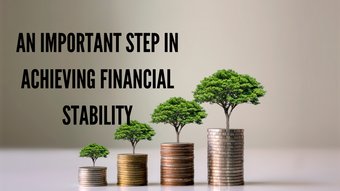
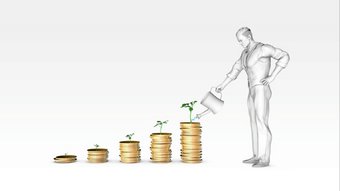








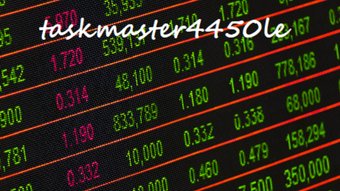








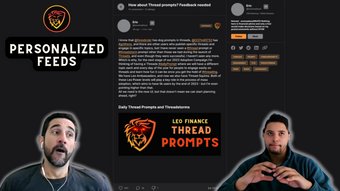




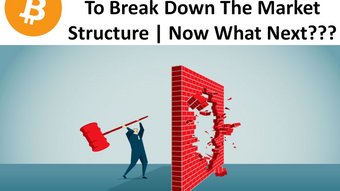


Comments:
Reply:
To comment on this video please connect a HIVE account to your profile: Connect HIVE Account